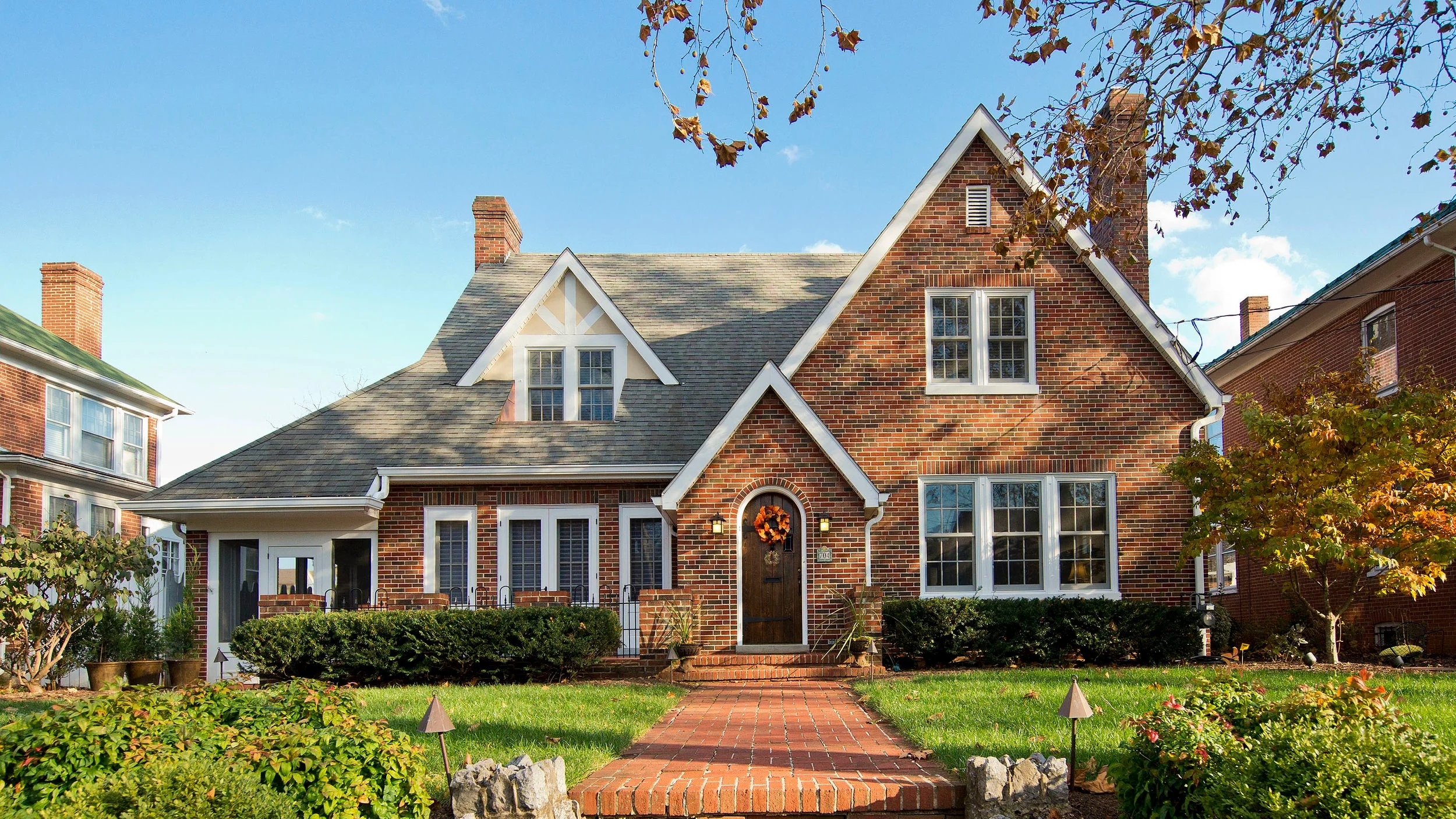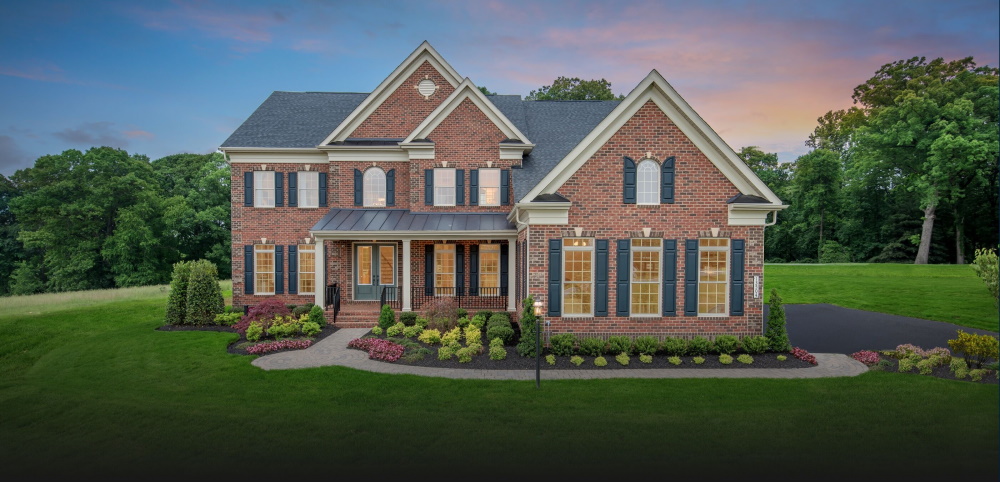1
General Discussion / News & Tips
« on: June 14, 2025, 01:06:28 PM »
First, traditional mortgage featured various advantages. They're flexible with a lot of choices to select from, including fixed-rate standard loans and adjustable rate ones in a variety of loan terms. This makes it easy to find a loan program that might fit your needs.

You usually have flexibility in the amount of your deposit and, even if you require to pay PMI up until you have 20% equity in your home, you can cancel that insurance coverage once you've achieved that equity. Contrast that to FHA loans, for example, where you need to pay this type of insurance throughout your loan if you put down less than 10%. Plus, when you have great to exceptional credit ratings, you can gain from the very best rates available.
That said, credit rating requirements are more strict for traditional loans than for FHA and VA loans. If you require to improve your credit history to receive a traditional loan, pointers consist of:
- Check your credit reports from all three significant credit bureaus (Equifax, Experian, and TransUnion) and work with them to fix any mistakes that might hurt your credit ratings.
- Ensure all payments are made on time, and if it helps, established automatic payments to stay on schedule, making sure enough funds remain in the account to cover those expenditures.
- Pay for charge card accounts if you're using more than 30% of offered credit. This will help to enhance your credit utilization rate, which can have a positive effect on your ratings.
- Consider keeping charge card open, even if you do not use them, since your credit report contributes in your overall credit rating.
- Pay attention to your credit mix. It can assist to have a mix of revolving financial obligation (such as credit cards and credit lines) and installation loans, such as individual loans and automobile loans.
As you improve your credit scores, keep a keen eye on your DTI ratio. If the rate is too expensive, having great credit will likely not be enough. To decrease your DTI, prioritize your charge card and personal loan financial obligation in one of 2 ways: by interest rate and by balance. Then make minimum payments on all of them and put as much extra cash as you can on the financial obligation that's at the top of your list. Once you settle one financial obligation, focus on the next-and display how this decreases your DTI ratio.
Conventional Mortgage Application: Decisions to Make
Once you're all set to apply, you'll need to make decisions about key elements of your mortgage loan, consisting of:
- Fixed-rate conventional loan versus an adjustable one
- Down payment amount
- Closing expenses
- Terms and payment
Here's more about each.
Fixed-Rate Conventional Loan Versus Adjustable
A fixed-rate traditional loan has the very same interest rate and principal and interest payment throughout the length of the loan. This can be a good kind of loan to select if you appreciate a constant payment amount and discover it much easier to manage your budget plan that way. Plus, it's a simple, easy-to-understand type of loan.
An adjustable rate mortgage (ARM) starts at a lower rates of interest (and, therefore, a lower principal and interest payment), which can help you to develop equity early on. Rate of interest on ARM loans can go up and down in future years, so it can be more difficult to spending plan for month-to-month payments with this type of loan because of its variance. It is essential to understand and weigh the possibilities so you can continue with confidence.
Down Payment Amount
Traditionally, people made a 20% down payment with loans, but nowadays, you can make a smaller down payment and after that purchase PMI that insures the lending institution in case of default. PMI is typically included to your regular monthly payment till the debtor reaches the 20% equity mark.
Sometimes, a no down payment mortgage loan can make sense. For example, you may have an excellent earnings and credit rating with manageable debt levels-but you do not have enough in savings for a down payment for the home you desire. SCCU Team Members can assist you choose if a no deposit mortgage is right for you.
Closing Costs
Closing expenses can encounter the countless dollars, but there are no closing costs mortgage loans that considerably decrease just how much in advance money you 'd need to close on your mortgage. This can be particularly helpful for novice homebuyers who can't take advantage of the equity in a current home to finance their new one. At SCCU, when you're ready to upgrade from a No Closing Costs Mortgage loan, there isn't a prepayment penalty or concealed limitations.
Term and Payment
To compute what your monthly principal and interest payment would be, you need to have specific pieces of info:
- Purchase cost - down payment = loan quantity
- Rates of interest
- Loan length
You can then enter this info in our home mortgage calculator to see what your principal and interest payment would be.
Applying for a Traditional Mortgage
Typically, you can make an application for a mortgage loan online or at the branch of a financial organization. Be prepared to offer personal demographic details, such as name, address, contact number, date of birth, and Social Security number. Have proof of employment and earnings, according to the loan provider's standards, along with details about your properties and financial obligations.
At SCCU, we make it simple for you to find the best traditional mortgage loan. Click our listing of mortgage loan types and then on the mortgage program of choice, such as these options:
No Deposit
Fixed-Rate Conventional
Adjustable Rate Mortgage
No Closing Costs Mortgage
Once you click the type of mortgage loan, you'll discover a description of the loan, its functions and advantages, present interest rates/APRs, terms, and fees. You can click buttons to find details, use calculators to discover payment info, and far more. You can likewise click to "Apply Now."
You can find info about second mortgage rates here.
Hero Mortgage Program
SCCU also uses a Hero Mortgage Program where individuals serving on the front line in our communities can benefit from unique rate discounts. For instance, our home town heroes can take an additional 0.25% off our already low rates.
Bank Versus Cooperative Credit Union Mortgage Loans
When seeking a standard mortgage loan, customers can select in between a bank or a credit union for their lending institution. Numerous advantages exist when selecting from cooperative credit union mortgage due to the fact that credit unions are not-for-profit financial cooperatives that are specifically developed to benefit its members. Members of a cooperative credit union become part of a specific niche monetary institution that's created to enhance their financial health. Contrast that to banks where the interests of investors must be considered.
So, how do you end up being a member of a credit union? They are created for and managed for individuals who live in a specific location or work in a specific profession. SCCU serves 500,000+ members who live in the following locations: these counties in Florida. If you reside in this region, you become a member just by opening up an account at one of our 60+ branch places from Flagler to Miami-Dade counties or opening one online.
Benefits of ending up being a cooperative credit union member include the following:
- Credit union mortgage have rates that are typically lower than at a bank.
- Fees are usually lower for a cooperative credit union mortgage too.
- Profits are returned to members in this method, along with through greater rate of interest on cost savings products.
- Loan decision-making is local, and as a member, you might have a better opportunity at getting your mortgage loan approved.
- Employees supply tailored service, which can include education about financial health.
Plus, when you become a member, you're supporting your neighborhood.
Cooperative Credit Union Home Loans at SCCU

We were founded in 1951 as Patrick Air Force Base Credit Union, so you can see why the Hero Mortgage Program balances with our service objective from the start. SCCU started with 28 members and $372 in possessions. Now, we're Florida's third-largest credit union with $7 billion in assets.
At SCCU, you can count on competitive credit union mortgage loan rates with flexible programs and terms. Plus, due to the fact that decision-making is local, the approval procedure is more streamlined. For the ultimate benefit, we provide online applications, electronic closing options, and complimentary mobile/online banking.



 The second
The second 





























